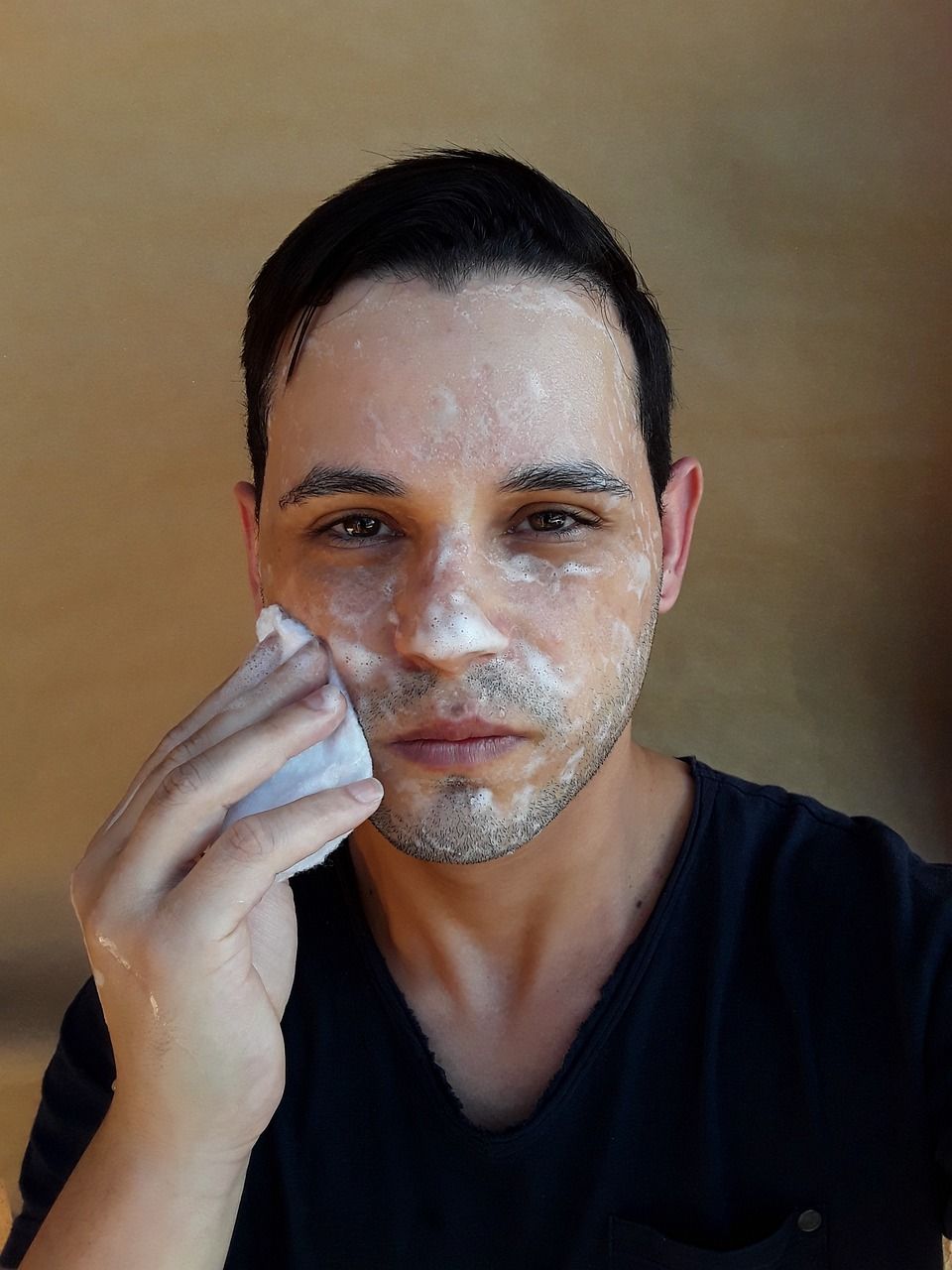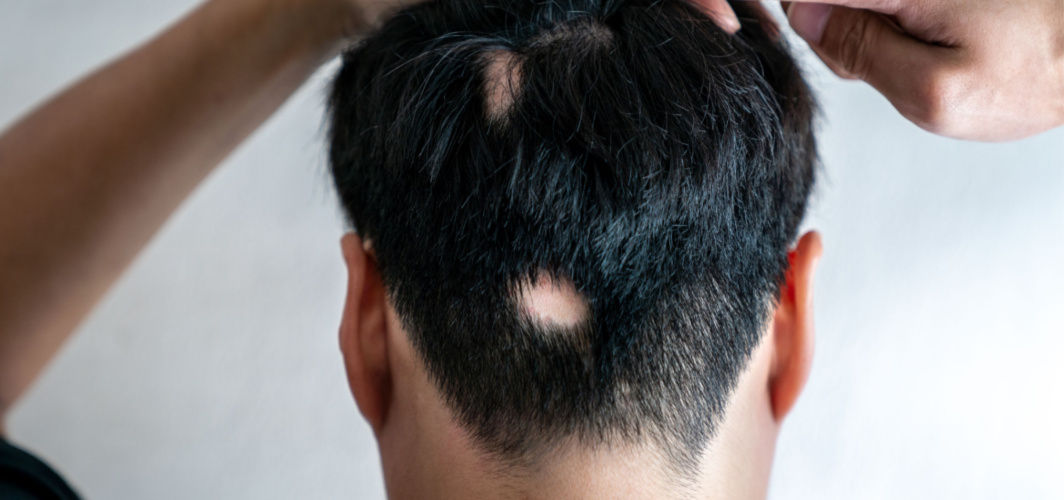General Health
Effective Skin Care Routine For Oily Skin
6 min read
Published on - 31 January 2024, Updated on - 16 September 2025
Share this article
0
1 like

Benefits of following a Skincare Routine
Following a daily skin care routine at home has numerous benefits:
- Healthy Skin: Constant skin care maintains its overall health.
- Clear Complexion: Reduces acne and blemishes.
- Hydration: Keeps the skin moisturized.
Irrespective of your skin type, it is important to have a skincare routine.
What Causes an Oily Skin?
Oily skin is influenced by hormones, genetics, environment, and skincare practices.
- Hormonal Factors: Puberty and hormonal imbalances like PCOS can cause increased oil production.
- Genetics: Genes affect the sebaceous glands to release extra oil.
- Environmental factors: Hot climates and pollution can make your skin oily.
- Improper skincare habits: Overwashing or using harsh cleansers can make your skin release more oil.
How to Identify Your Skin Type?
Factors that may help identify your skin type include:
1. Characteristics of Oily Skin
Characteristics of oily skin include:
- Shiny appearance: Especially on the forehead, nose, and chin.
- Enlarged pores: Due to increased sebum production.
- Acne-prone: Excess oil can clog pores, causing inflammation.
- Frequent breakouts: Susceptible to pimples and blackheads.
2. Differences between Oily and Combination SkinEssential Components of a Skincare Routine for Oily Skin
Oily skin, with the right skincare routine, can be kept healthy and radiant. Here's how to take care of oily skin through various methods:
A. Cleansing
One of the most important methods to be included in your oily skin care routine should be cleansing. The skincare for oily skin should include oil-free formulas that effectively cleanse without stripping natural oils.
Start with an oil-based cleanser. Follow up with a water-based cleanser and then pat dry gently.
B. Toning
Toning is a crucial step in an oily skin care routine as it helps remove any leftover impurities and minimizes the appearance of pores.
1. Benefits of Toning for Oily Skin
Here are some key benefits of toning for oily skin to make it cleaner, smoother and healthier:
- Minimizes excess oil production
- Helps tighten pores
- Balances pH levels
2. DIY Toners for Oily Skin
Here are a few DIY toners that work well for oily skin:
- Green tea toner: Brew some green tea and allow it to cool. Transfer it to a spray bottle and spritz it onto your face after cleansing.
- Apple cider vinegar toner: Dilute apple cider vinegar with water and apply it to your skin using a cotton pad.
C. Moisturizing
Moisturization is essential for skin care for oily skin to prevent dehydration, and avoid overproduction of oil. Opt for moisturizers that are lightweight and have a liquid-like consistency. Non-comedogenic moisturizers, specifically formulated to avoid the clogging of pores, are ideal for oily skin.
D. Sun Protection
For an oily skin care routine, choose oil-free sunscreens to prevent UV damage, and potential skin issues. Ensure the sunscreen has at least 30 SPF to ensure protection against harmful UV rays and sunburns. Sunscreens specifically labelled as "oil-free" or "non-comedogenic" are designed to provide sun protection without adding excess oil to the skin.
Additional Steps for an Effective Skincare Routine for Oily Skin
A. Exfoliation
Never forget to include regular exfoliation in your daily skin care routine at home. Regular exfoliation helps remove dead skin cells, eliminate bacteria unclog pores, and prevent breakouts.
You may use chemical exfoliators containing ingredients like alpha-hydroxy acids (AHAs) or physical exfoliators that have scrubs with gentle exfoliating particles.
B. Face masks
Including face masks in your oily skin care routine can benefit oily skin significantly by absorbing excess oil, tightening pores, and providing deep cleansing.
1. Benefits of face masks for oily skin
- Clay-based facemasks absorb the excess sebum.
- Charcoal facemasks combat acne-causing bacteria.
- Hydrating facemasks help balance sebum production on the skin.
2. DIY face mask recipes with natural ingredients
- Honey and Yogurt Mask: Mix honey with yoghurt & apply it on the face for 15 minutes.
- Oatmeal and Honey Mask: Mix oatmeal with honey & apply on the face for 15 mins.
- Turmeric and Milk Mask: Mix turmeric with milk to form a paste. Apply on the face for 10 mins.
C. Spot treatment
Spot treatments are targeted solutions that can help reduce the appearance of active breakouts and prevent future ones. Out of the several products formulated for acne-prone skin, opt for non-comedogenic products to avoid clogging your pores further.
Some of the commonly used ingredients for spot treatment include:
- Products containing ingredients like benzoyl peroxide or salicylic acid as they help kill acne-causing bacteria.
- Tea tree oil can also help minimize the appearance of blemishes. However, it should be diluted with a carrier oil.
Lifestyle and Dietary Tips for Managing Oily Skin
Other than having a skincare routine, your diet and lifestyle habits can also play a major role in maintaining healthy skin.
A. Foods to Include
Incorporate omega-3 Fatty Acids, antioxidant-rich foods, and whole grains into your diet to control oil production.
B. Foods to Avoid or Limit
Avoid high glycemic index foods (potatoes & white rice) and dairy products as these foods can exacerbate oil production and hamper oily skin care routine.
C. Impact of Hydration on Oily Skin
If you are wondering how to take care of skin then proper hydration is your answer. The skin compensates for dehydration by producing more oil. To maintain healthy hydration levels, enough liquid intake is necessary.
D. Stress Management Techniques
Stress can trigger hormonal imbalances leading to increased oil production in the skin. To manage stress and its impact on oily skin, practice yoga & meditation and aim for 7-9 hours of quality sleep.
Common Mistakes to Avoid in an Oily Skin Care Routine
Some practices that must be avoided on a daily skin care routine at home include:
Overwashing the skin: Excessive washing of the skin can strip off the natural oil of the skin, thereby triggering extra oil production.
- Using harsh products: Harsh cleaners can irritate the skin and cause allergies.
- Ignoring hydration: Moisturizing the skin helps prevent the overproduction of oil.
Skipping sunscreen: Sunscreen is essential for protection against UV rays of the sun.
Professional Treatments for Oily Skin
Professional treatments for oily skin include targeted solutions, advanced techniques, and specialized products for effective skin care routine for oily skin. some of the commonly advised professional skin treatments include:
- Chemical Peels: Exfoliates the skin, reducing oil production.
- Micro-derma brasion: Removes dead skin cells and excess oil.
In severe cases, dermatologists may prescribe oral medications like antibiotics to prevent acne breakouts.
Conclusion
To know the best skin care routine for oily skin, you need to learn more about the reason for oily skin. Irrespective of the skin care routine, consistency and patience are the keys to achieving healthy skin.
General Health
Consult Top Dermatologists
View AllFrequently Asked Questions
Can oily skin benefit from moisturizers?
Can oily skin benefit from moisturizers?
Can diet affect oily skin?
Can diet affect oily skin?
Is it necessary to consult a dermatologist for oily skin?
Is it necessary to consult a dermatologist for oily skin?
Leave Comment
Recommended for you

General Health
Want To Make Your Date A Healthy Affair? How About Some Red Wine!
Red wine might help in improving heart and liver health and reduce the risks of dementia and depression. But there is a catch that you need to know.

General Health
Diabetes Care On A Budget: 5 Effective Ways To Reduce Healthcare Costs
Discover lifestyle changes, affordable treatment options, and resources to help you save money while managing your diabetes

General Health
Losing Hair In Patches? It Can Be This Disease!
Alopecia areata is not curable but the resulting hair falls can be treated. Read our blog to understand the ways to cope with resulting hair fall.
Subscribe
Sign up for our free Health Library Daily Newsletter
Get doctor-approved health tips, news, and more.
Visual Stories

Plant-based Foods That Are a Great Source of Iron
Tap to continue exploring
Recommended for you

General Health
Want To Make Your Date A Healthy Affair? How About Some Red Wine!
Red wine might help in improving heart and liver health and reduce the risks of dementia and depression. But there is a catch that you need to know.

General Health
Diabetes Care On A Budget: 5 Effective Ways To Reduce Healthcare Costs
Discover lifestyle changes, affordable treatment options, and resources to help you save money while managing your diabetes

General Health
Losing Hair In Patches? It Can Be This Disease!
Alopecia areata is not curable but the resulting hair falls can be treated. Read our blog to understand the ways to cope with resulting hair fall.
